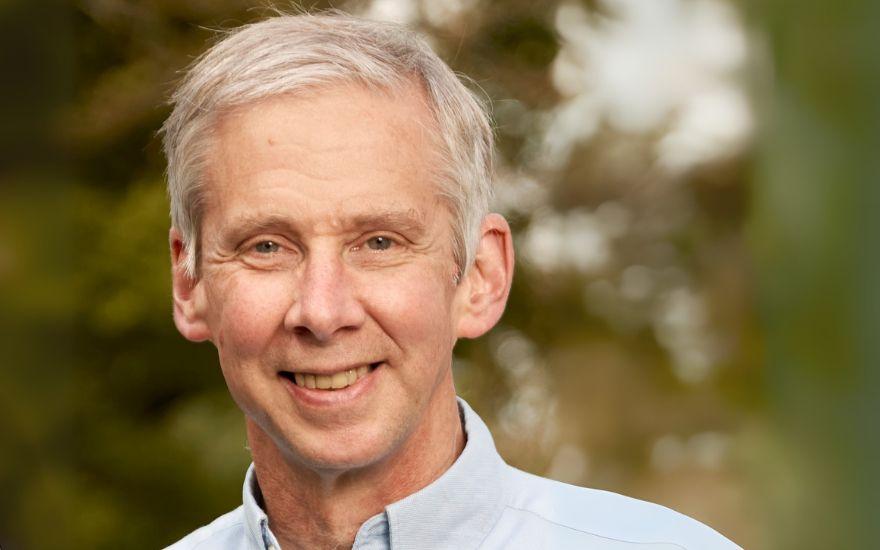Overview
The minimum offer is A*A*A at A-level or 7 7 6 (42+ overall) from Higher Level subjects in the IB or the equivalent. We will normally require an A* in Chemistry and an A* from Biology, Mathematics, Further Mathematics or Physics (or the equivalent).
A-level/IB Higher Level or equivalent in Chemistry, and two of Biology, Physics, Mathematics, and Further Mathematics.
Biology, Physics, Mathematics.
IB applicants are expected to take IB Higher Level 'Analysis and Approaches' if available at your school. If this is not an option for you, email admissions@clare.cam.ac.uk and we will advise you.
Admissions assessment
All applicants to Medicine must take the UCAT. You must register for the UCAT by 19 September 2025 and take the test by 26 September 2025. Further information about the UCAT can be found on their website.
Medicine at Clare
The Cambridge course differs sharply from that of most other medical schools. The aim is not only to train students in medicine to the highest standards, but also to have the skills needed to improve patient treatment through research.
The first two years of the course provide comprehensive training in the sciences that underpins clinical medicine. All students attend weekly tutorials in each subject. These last an hour and are an opportunity for groups of 3-4 students to discuss their questions with expert supervisors, most of whom are clinicians who can bring the course alive by showing how it connects with treating patients.
In the third year students can choose to study one of a wide range of subjects in depth. This gives everyone the opportunity to develop skills in evaluating evidence and rigorously testing hypotheses essential for discovering how to improve patient care.
The final three years of the course are spent at Addenbrooke's Hospital, a leading teaching hospital at the forefront of medical care internationally.
Our Clare students come from a diverse range of backgrounds. Clare medics are friendly and supportive, and there is a lively student run Medical Society that brings together medics from all 6 years of the course.
Clare College has excellent facilities to support medics in their studies. Recent student achievements include the foundation of the Cambridge Black Medics' Society and prestigious laboratory research placements.
Visit the University's subject page for more information.

Professor Rowitch is a developmental neuroscientist and Head of Department of Paediatrics at University of Cambridge. His laboratory investigates genetic factors that determine development and diversity of glial cells of the brain and the response to injury. He has applied these principles to better understand white matter injury in premature infants, brain cancer and leukodystrophy. His interest in precision medicine focuses on applications of genomic technologies to diagnose and better understand the biological basis and rational treatment of rare neurological disorders.

Dr Guo works in the fields of genetic epidemiology, biostatistics, and machine learning. Her research focuses on exploring interdisciplinary approaches to gain deeper insights into human biology. Her interests include applying genetics and computational methods to solve complex biological problems and advance fields such as healthcare and personalised medicine.

Dr Arora is a Consultant Paediatrician at Addenbrooke's Hospital and Lead for Student Experience at the Clinical School. She is Assistant Director of Clinical Studies for Medicine at Clare.

I am a psychiatrist interested in how the brain builds up an image of the world in which it must survive. Many of us think that we see the world as it is: we don’t. I like to use brain imaging to understand how the brain goes about its deceitful business. I also give drugs to people. These drugs alter their perceptions of the world and help me to understand how the early symptoms of mental illness might arise. I don’t require my students to act as volunteers for these studies.

I work as a clinical doctor, treating patients with skin cancer and also as a scientist researching how normal cells change as they turn into cancer.
Our research has shown that cells with DNA alterations linked to cancer spread through normal tissues, so that by middle age most of our cells carry at least one cancer linked DNA change. This process works like Darwinian evolution, with environmental selection of specific alterations in cells that improve their competitive fitness.
We hope that by changing the environment we will be able to redirect evolution so pre-cancerous cells in normal tissues are selected out and the risks of cancer reduced.

